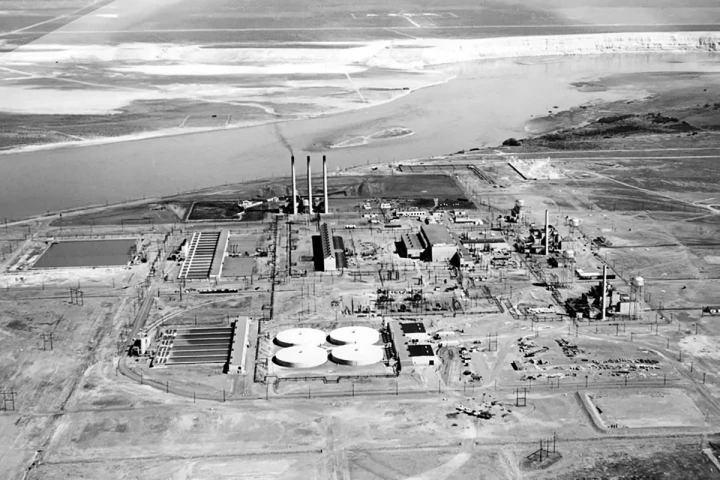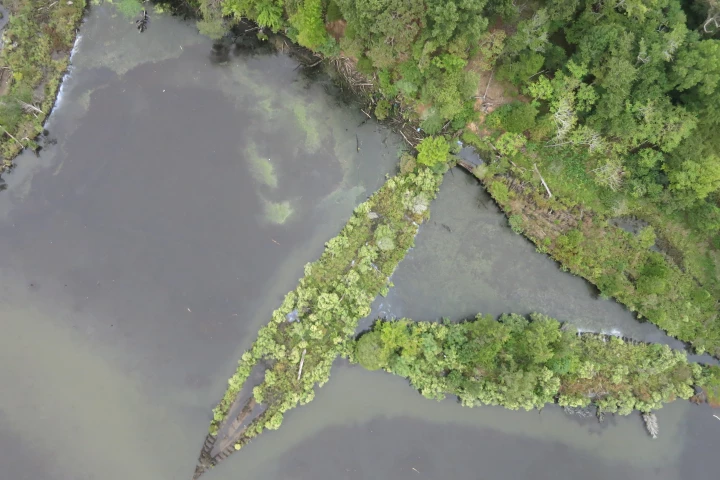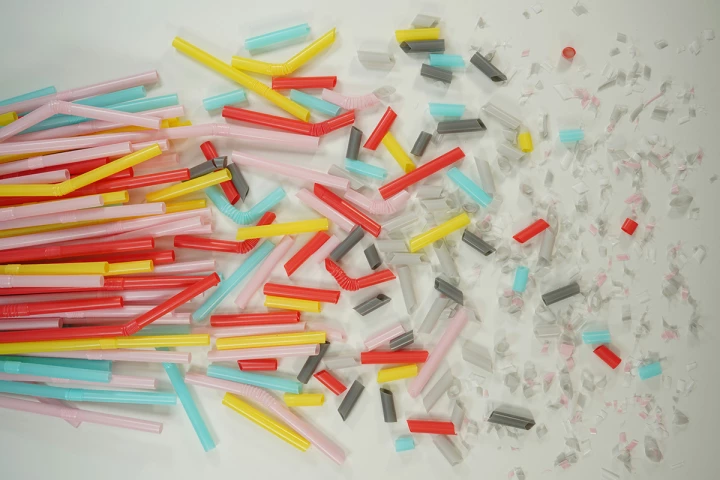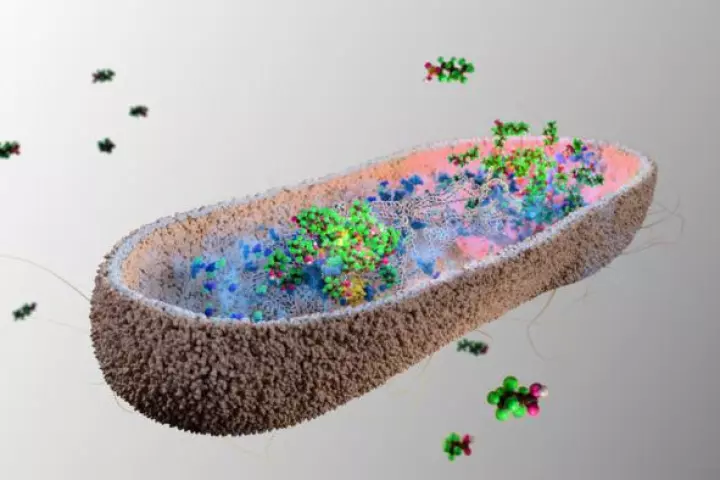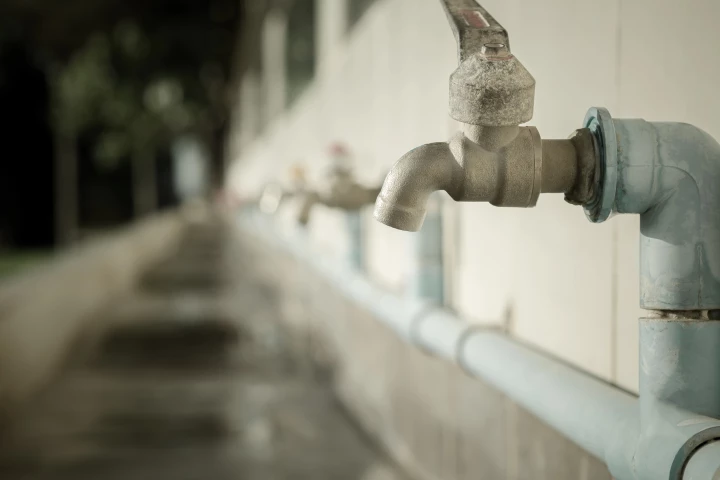Pollution
-
Europe's lofty plan to phase out the sale of internal combustion engine cars by 2035 now seems all but dead. The European Commission announced it's dropping the ban on new gas-powered cars a decade from now, owing to pressure from the auto industry.
-
A nuclear production facility in Washington state, called the Hanford site, once forged the plutonium that reshaped the world. Now it’s forging glass; a quiet act of undoing at one of Earth’s most contaminated sites.
-
Cockroach infestations can worsen allergies and asthma in children, especially in low-income urban homes. Now researchers are better understanding why after discovering bacteria in their guts can release harmful substances called endotoxins into the air.
-
New research had made a striking link between a mother’s exposure to “forever chemicals” during pregnancy and the shape of her child’s brain at age five. The findings can't say whether these changes are positive or negative.
-
A new study found stranded dolphins show brain damage eerily similar to that of people with Alzheimer's. Just like people with dementia sometimes wander far from home, scientists think dolphins with Alzheimer's might get confused at sea.
-
Old Nazi warheads and US warships have been reclaimed by a new army of diverse marine life, as scientists for the first time uncover how nature has made use of the munitions and fleets that ended up dumped in waterways during the two world conflicts.
-
We know microplastic particles are in the soil our food grows from but is it infiltrating our food chain, or just stirring up trouble at the roots? For the first time scientists have demonstrated how plastic could move from soil to food while it grows.
-
One of the problems with microplastics lies in the fact that the plastic particles can be so small, we don't even know they're present in water in the first place. A new type of engineered bacteria could help, by causing the particles to glow green.
-
Research out of France has revealed that we're probably harming our lungs without knowing it. Every day, we're inhaling tiny bits of plastic smaller than a speck of dust without even leaving the house – that's 100x more than previously estimated.
-
A new study published in Nature Microbiology has reported a naturally occurring family of bacterial species in the human gut that can absorb and break down toxic, long-lasting "forever chemicals" and carry them out as waste through feces.
-
Scientists have developed a nasal 'molecular shield' that disarms pollen, blocking allergic reactions fast without the use of drugs. This non-invasive method to effectively silence hay fever could be a game changer for around 81 million Americans.
-
Exposure to common metals has again been linked to ADHD and specific symptoms. It builds on existing research that has found a strong association between environmental contaminants like lead and a higher rate of people diagnosed with the condition.
Load More

